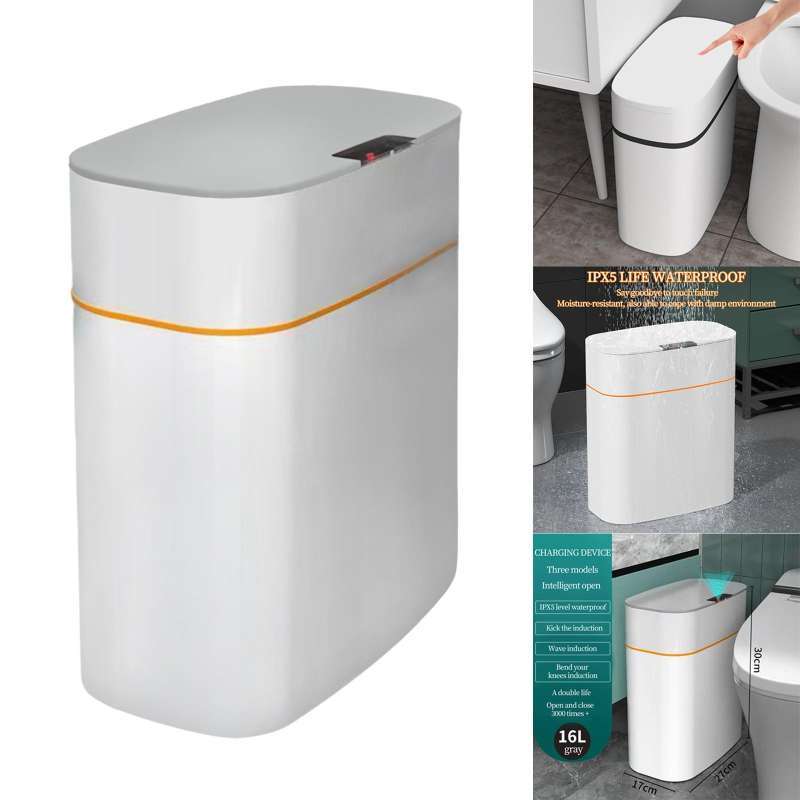
Introduction: Navigating the Challenge of Home Refuse
Effectively managing home refuse is pivotal for maintaining a clean and organized living space. In this article, we explore practical strategies and tips to streamline home refuse, fostering a hygienic and comfortable environment.
Assessing Refuse Sources: Identifying and Understanding Waste
The first step in tackling home refuse is a comprehensive assessment of waste sources. Identify the types of refuse generated in your home, including recyclables, organic waste, and general trash. Understanding the composition of refuse allows for targeted solutions to efficiently manage and reduce waste.
Segregation Practices: Sorting for Sustainable Disposal
Implementing segregation practices is fundamental to sustainable home refuse management. Designate separate bins for recyclables, compostables, and general waste. This practice not only simplifies the disposal process but also contributes to environmentally responsible waste management, reducing the overall impact on landfills.
Reducing Consumption: Minimizing Refuse Generation
A proactive approach to home refuse management involves reducing consumption. Mindful purchasing, opting for products with minimal packaging, and embracing a minimalist lifestyle contribute to minimizing refuse generation. By addressing the root cause, individuals can significantly lessen the volume of waste produced.
Effective Disposal Methods: Responsible Trash Removal
Choosing effective disposal methods is crucial for responsible home refuse management. Be aware of local recycling and waste disposal guidelines. Dispose of items in an environmentally friendly manner, and consider donating usable items to local charities to extend their life cycle. Responsible disposal minimizes the environmental impact of home refuse.
Composting Solutions: Transforming Organic Refuse into Gold
Composting is a sustainable solution for managing organic home refuse. Transform kitchen scraps, yard waste, and organic materials into nutrient-rich compost. Home composting not only diverts waste from landfills but also creates valuable soil amendments for gardening, contributing to a more circular and eco-friendly approach.
Smart Storage Solutions: Containing Refuse Effectively
Investing in smart storage solutions is essential for containing home refuse effectively. Use sealed containers to prevent odors and discourage pests, especially for organic waste. Optimize storage spaces with bins or cabinets designed for efficient refuse management, ensuring a clean and organized living space.
Regular Maintenance Routines: Preventing Refuse Buildup
Establishing regular maintenance routines is key to preventing refuse buildup. Schedule routine cleaning sessions to declutter and dispose of items no longer needed. This proactive approach prevents refuse from accumulating and contributes to maintaining a consistently tidy living environment.
Educational Outreach: Fostering Responsible Waste Habits
Educational outreach is integral to fostering responsible waste habits within the household. Share information with family members, roommates, or neighbors about the importance of proper waste disposal. Building awareness contributes to a collective commitment to sustainable refuse management.
Professional Junk Removal: Handling Bulk Items Responsibly
For larger items or substantial decluttering projects, consider professional junk removal services. These services efficiently handle the disposal of bulky items, electronic waste, and materials that may not fit into regular trash bins. Professional junk removal is a convenient and responsible option for managing larger volumes of refuse.
Conclusion: A Cleaner and More Sustainable Living Space
In conclusion, streamlining home refuse is an ongoing commitment that involves conscious consumption, responsible disposal, and creative solutions. By implementing these effective strategies, individuals contribute to a cleaner, more organized, and sustainable living space. A well-managed refuse system not only enhances the living environment but also plays a part in the broader effort toward a greener and healthier planet.
For more information on home refuse management, visit Home Refuse.


